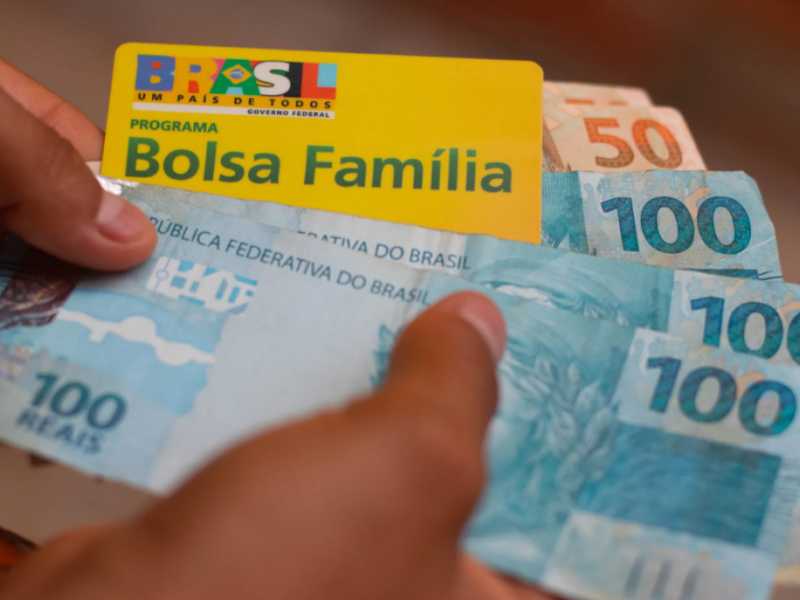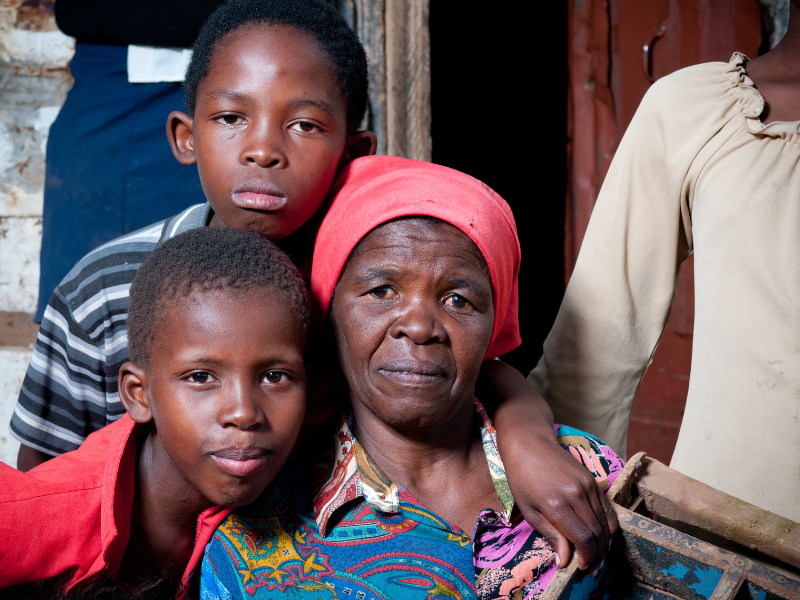Advertisements
Today marks the end of an era in the Brazilian banking system: the last day to make transfers via Credit Order Document (DOC). This change symbolizes an important transition to more modern and efficient transfer methods. Once one of the main means of financial transfer in the country, DOC is now giving way to faster and more practical alternatives, such as PIX. In this article, we will explore the impact of this change and what it means for Brazilian consumers and businesses.
The decision to end transfers via DOC comes at a time when Brazil is rapidly moving towards a more digital financial ecosystem. With the advent of PIX, an instant payment system created by the Central Bank, the use of DOC has significantly decreased. Let’s take a closer look at the reasons behind this change and how it affects everyday banking operations.
See More: Have your limit been reduced without notice? Know your rights
Advertisements
The decline of DOC and the rise of PIX
DOC, which allowed the transfer of funds until 10 pm to the next business day, lost its relevance with the arrival of PIX. Thus, this new system allows financial transactions at any time of the day, including on weekends, at no cost to individual users.
In comparison, DOC has become obsolete, with a transaction volume that represented only a tiny fraction of total banking operations. Thus, according to data from the Brazilian Federation of Banks (Febraban), transactions of this type totaled only 18.3 million operations in the first half of 2023, which corresponds to only 0.05% of the total of 37 billion operations carried out in the period.
Advertisements
Impact of the end for users and companies
For users, the end of DOC means adapting to new transfer methods, especially PIX. This system not only offers greater speed and availability, but also eliminates the fees associated with some forms of transfer. For companies, especially those that used DOC to pay employee benefits, the change requires an update of financial processes. The transition to PIX or other digital methods promises efficiency and agility in daily financial transactions.
The end of DOC transfers is a significant step in the evolution of the Brazilian banking system. It reflects the growing preference for fast and efficient digital solutions, aligning Brazil with global trends in financial services.
























